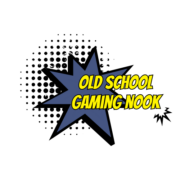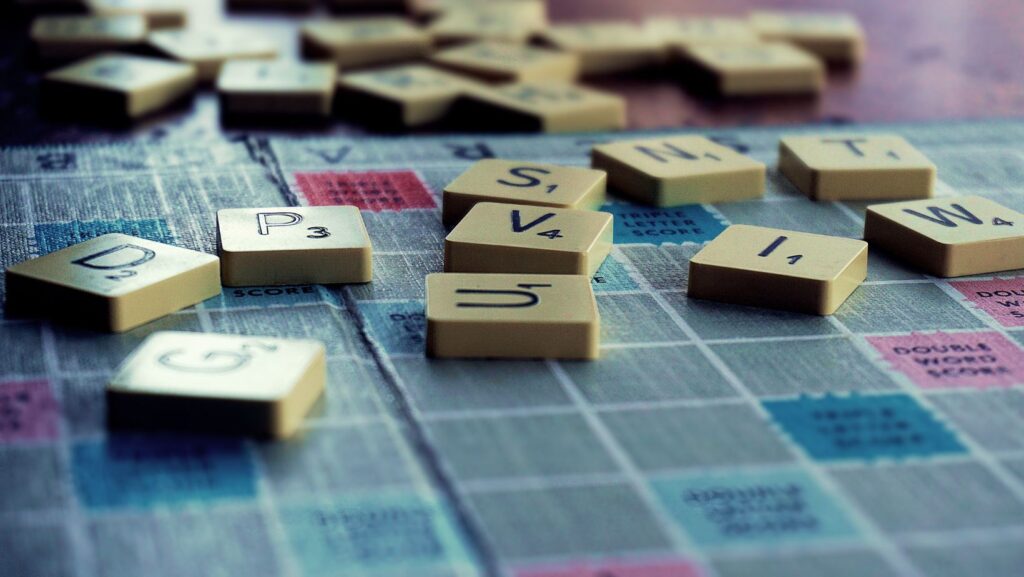Best Vintage Board Games
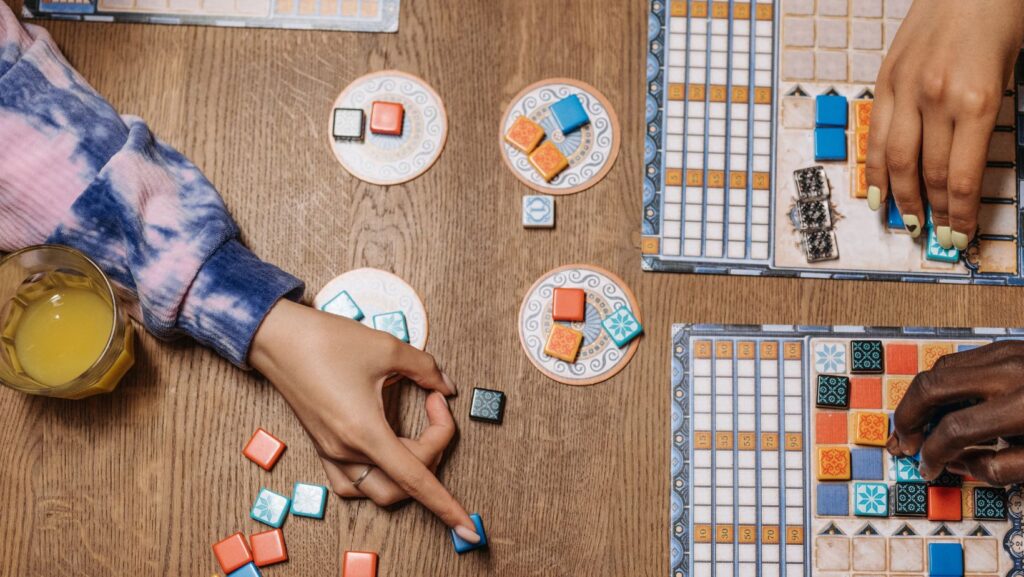
In a world dominated by digital entertainment, vintage board games offer a nostalgic escape to simpler times. These classic games, with their timeless appeal and engaging strategies, continue to captivate players of all ages. Whether it’s the thrill of buying up properties in Monopoly or the strategic depth of chess, vintage board games have a way of bringing people together and sparking joy.
Exploring the best vintage board games is like taking a trip down memory lane, where each game tells a story of its era. These games not only provide endless entertainment but also offer a glimpse into the past when family game nights were a cherished tradition. As people seek to unplug and reconnect, the charm of vintage board games is more relevant than ever. Discovering these beloved classics can be a delightful journey for both seasoned enthusiasts and newcomers eager to experience the magic of board games from yesteryear.
The Charm Of Vintage Board Games
Vintage board games captivate with their unique allure that transcends generations. These games often feature intricate design elements that reflect the era in which they were created. For example, the art and packaging of games from the mid-20th century often showcase bright, bold colors and stylized illustrations reminiscent of that period.
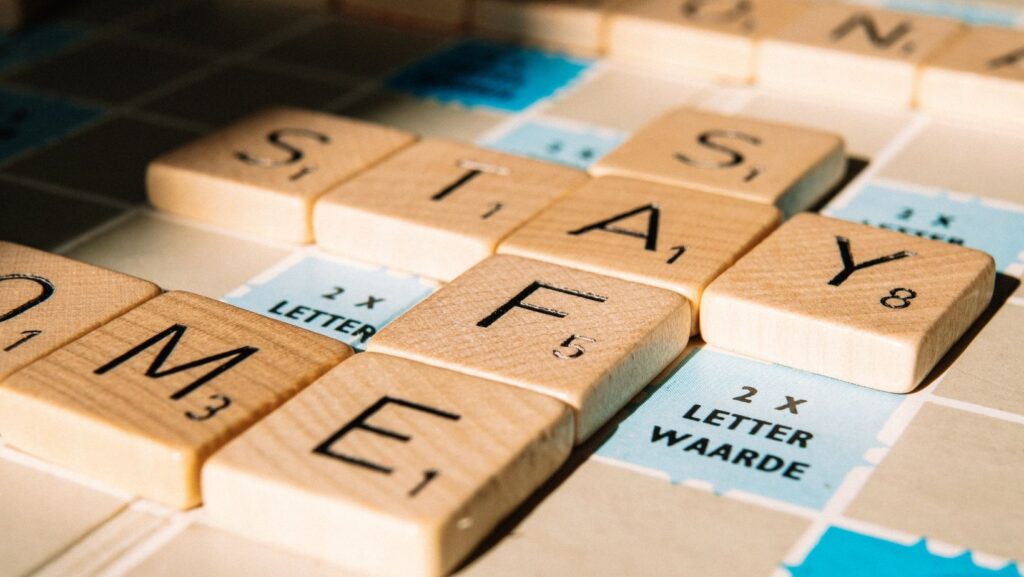
Collectors find the scarcity of certain vintage board games adds an extra layer of fascination. Limited editions and out-of-print titles hold significant value, attracting enthusiasts who appreciate the historical context. Games like “Lotto” from the early 1900s or “The Game of Life” from the 1960s illustrate shifts in societal themes and values.
Family traditions often include vintage board games, serving as a cherished link between past and present. These games facilitate the sharing of stories and strategies handed down through generations. Parents and grandparents introduce classic games like “Checkers” or “Scrabble” to younger family members, fostering connection and continuity.
The charm lies not just in nostalgia, but in the tactile and social experiences they offer. Unlike digital games, vintage board games encourage face-to-face interaction, strategic thinking, and collaborative fun. They stand as symbols of an analog era, reminding players to savor the simple pleasures of shared moments and friendly competition.
Top Vintage Board Games To Try
Vintage board games offer an array of immersive experiences that go beyond mere entertainment. Here are some classic games worth exploring.
Monopoly: The Classic Real Estate Game
Monopoly, a staple since 1935, engages players in buying and trading properties. The goal’s to bankrupt opponents through strategic investments in iconic properties like Boardwalk and Park Place. Monopoly’s variants and themed editions reflect its adaptability across generations.
Scrabble: The Wordsmith’s Delight
Introduced in 1938, Scrabble challenges players to create words from letter tiles on a 15×15 grid. Scoring relies on letter value and board position, emphasizing both strategy and vocabulary. This game continues to captivate language enthusiasts.
Clue: A Whodunit Mystery Game
Clue, released in 1949, immerses players in solving a murder mystery. Participants deduce the culprit, weapon, and location in a grand mansion through logical reasoning. Clue’s engaging narrative and multiple outcomes have made it an enduring favorite.
Risk: Conquer The World
Risk, created in 1957, invites players to engage in global conquest. Using armies to capture territories, players employ strategic planning. The game demands patience, negotiation, and foresight, offering a dynamic and competitive experience.
Chess: The Timeless Strategy Game
Chess dates back over a millennium, renowned for its strategic depth. With 16 pieces per side, players aim to checkmate their opponent’s king. Chess’s complexities encourage critical thinking and concentration, making it a lifelong pursuit for many.
Benefits Of Playing Vintage Board Games
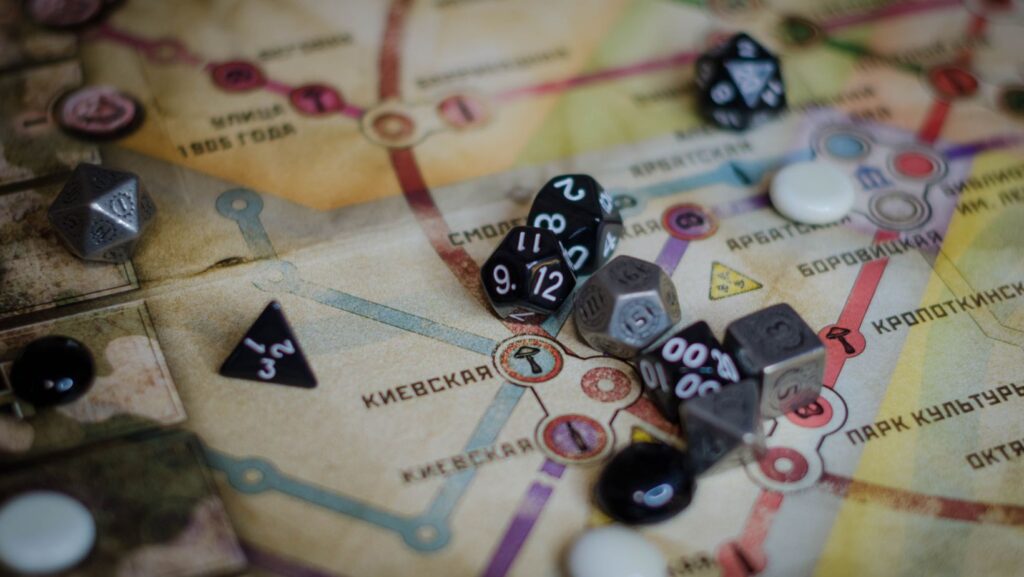
Vintage board games offer numerous benefits beyond nostalgia and entertainment for players of all ages.
Players engage directly with one another when playing vintage board games. The face-to-face interaction promotes communication and teamwork. Games like Clue require collaborative problem-solving and discussion, strengthening social ties through shared experiences and friendly competition.
Vintage board games challenge players to think tactically and plan. Chess demands foresight and adaptability, pushing players to anticipate opponents’ moves. Similarly, Risk involves analyzing multiple factors to succeed in global conquest, sharpening decision-making s
